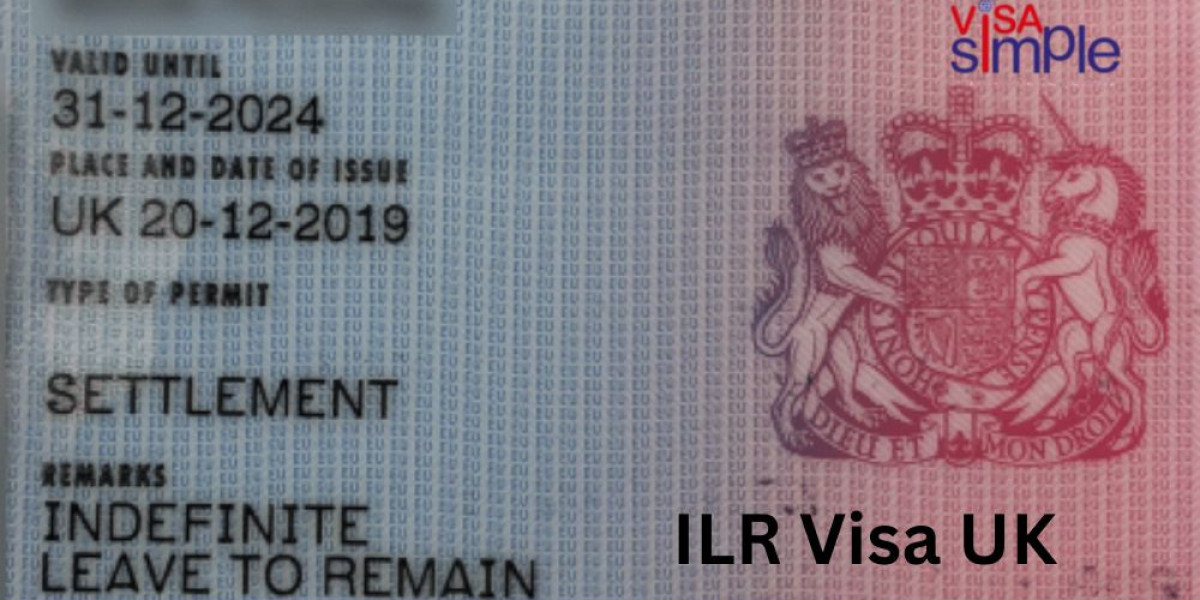Introduction
For those looking to build a life in the United Kingdom with their partner, the UK Partner Visa offers a clear legal route to reunite with loved ones. Whether you're married, in a civil partnership, or in a long-term relationship with a British citizen or someone settled in the UK, this visa pathway is vital for securing your future together. At Visa Simple, we guide individuals through every step of this emotionally and administratively significant journey.
Who Can Apply for a UK Partner Visa?
Eligibility is based on your relationship with a UK-based partner who is either a British citizen or holds Indefinite Leave to Remain (ILR). Applicants must prove that their relationship is genuine and ongoing, and they must intend to live together permanently in the UK. This route is open to:
Spouses or civil partners
Fiancé(e)s or proposed civil partners
Unmarried partners in a relationship of at least two years
Each category has specific requirements, particularly around financial thresholds, accommodation, and English language skills.
Financial and Language Requirements
The sponsoring partner must meet a minimum income threshold—currently set at £18,600 annually for a partner without children. This increases with each additional dependent child. Proof of income, such as payslips, bank statements, or employment letters, is essential.
Applicants must also demonstrate proficiency in English, usually by passing an approved English language test or holding a degree taught in English.
Evidence and Documentation
One of the most common reasons for refusal is insufficient or poorly presented documentation. Key pieces of evidence typically include:
Proof of relationship (e.g., joint bank statements, photos, messages)
Proof of cohabitation or plans to live together
Valid travel documents and biometric data
Financial and accommodation details
At Visa Simple, our advisors meticulously review every piece of supporting evidence to ensure that your application meets Home Office standards.
Switching and Extending Your Visa
If you’re already in the UK under a different category—such as a Student Visa or Skilled Worker Visa—you may be eligible to switch to a partner visa without leaving the country. After 2.5 years, the initial visa can be extended, and after five years on this route, applicants can typically apply for Indefinite Leave to Remain UK, moving one step closer to permanent settlement or even British citizenship.
Common Pitfalls and How to Avoid Them
Navigating the UK’s immigration rules can be overwhelming, especially for couples dealing with distance and time zones. Common issues include:
Failing to meet the financial threshold
Insufficient evidence of a genuine relationship
Incorrectly completed application forms
Overlooking mandatory biometric appointments
Our mission at Visa Simple is to help you avoid these hurdles through expert immigration advice and step-by-step support.
How Visa Simple Can Help
We understand that applying for a visa involves more than just paperwork—it’s about reuniting families and starting new chapters. Our team at Visa Simple offers:
A full eligibility assessment before you apply
A dedicated caseworker for personalised guidance
Thorough document reviews and application support
Updates on policy changes that might affect your case
Our human approach, combined with technical expertise, has helped hundreds of couples successfully navigate this life-changing process.
Conclusion
Securing a UK Partner Visa is one of the most important steps for couples seeking to live together in the UK. With ever-evolving immigration laws, it’s essential to have experienced professionals on your side. Visa Simple is here to make your journey smoother, more transparent, and focused on what matters most—bringing loved ones together.









